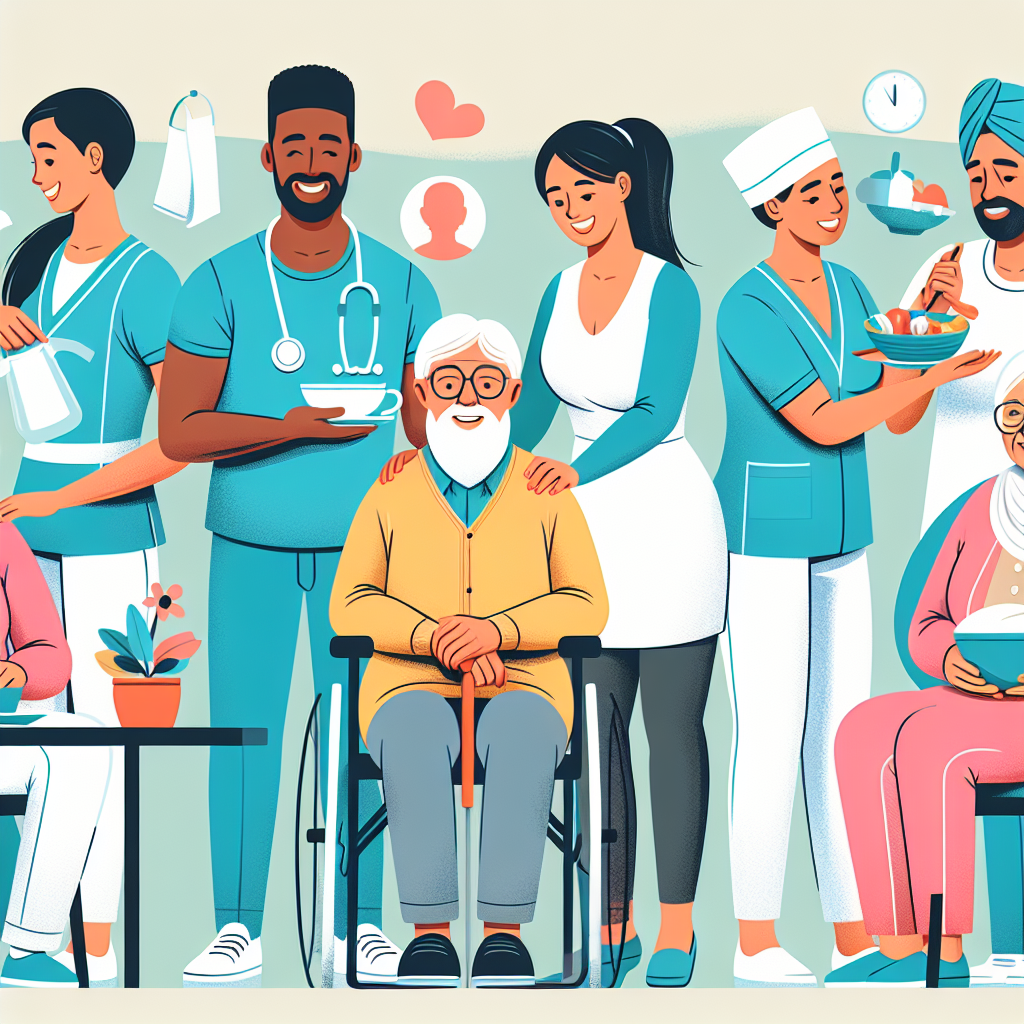**New York, NY—** In an era where the demographic landscape is increasingly skewed towards an aging population, the quest for maintaining independence among seniors has become more crucial than ever. Notably, skilled nursing facilities (SNFs) are stepping up, playing a pivotal role in empowering this demographic to lead fulfilling lives without compromising their autonomy.
According to the Centers for Disease Control and Prevention (CDC), nearly 1.3 million Americans reside in skilled nursing facilities, a testament to the critical role these establishments play in the healthcare continuum. This statistic underlines a significant trend: as life expectancy increases, so does the demand for services that support seniors in various capacities, especially those that allow them to maintain independence.
Skilled nursing facilities have evolved far beyond their traditional image of mere care homes. Today, they offer a spectrum of services designed to promote independence among seniors, from rehabilitation following an injury or surgery to specialized care for chronic conditions. Experts within the industry suggest that the focus has shifted towards creating environments that not only address medical needs but also enhance the quality of life.
Dr. Angela Smith, a gerontologist and advocate for senior independence, highlights the transformative impact of skilled nursing services. “Skilled nursing facilities are not just about managing health conditions,” she says. “They’re about empowering seniors to navigate their daily lives as independently as possible. Through personalized care plans and therapeutic interventions, we’re seeing remarkable improvements in the physical and mental well-being of our residents.”
Innovative programs are at the heart of this empowerment. Many SNFs now incorporate technology-aided rehabilitation, cognitive therapy, and social engagement activities tailored to individual capacities and preferences. These initiatives aim to bolster seniors’ abilities to perform daily tasks, engage in social interactions, and manage their health, thereby fostering a sense of independence.
Furthermore, skilled nursing facilities are increasingly working with families and community resources to ensure a seamless transition for those who can move back to their homes or into assisted living. This collaborative approach ensures that the gains made during the stay in a SNF are not lost, but rather build a foundation for continued independence.
However, challenges remain, including overcoming stigmas associated with skilled nursing care and ensuring access for economically disadvantaged seniors. Stakeholders argue that awareness and education are key to overcoming these barriers. By highlighting success stories and fostering a positive narrative around skilled nursing’s role in promoting independent living, the sector hopes to change perceptions and expand its reach.
As the number of seniors seeking ways to maintain their independence grows, skilled nursing facilities stand out as beacons of hope and empowerment. By providing comprehensive care that transcends the mere medical, these facilities are redefining what it means to age gracefully and independently. Their contribution underscores the importance of a holistic approach to senior care, one that values autonomy and dignity above all.


